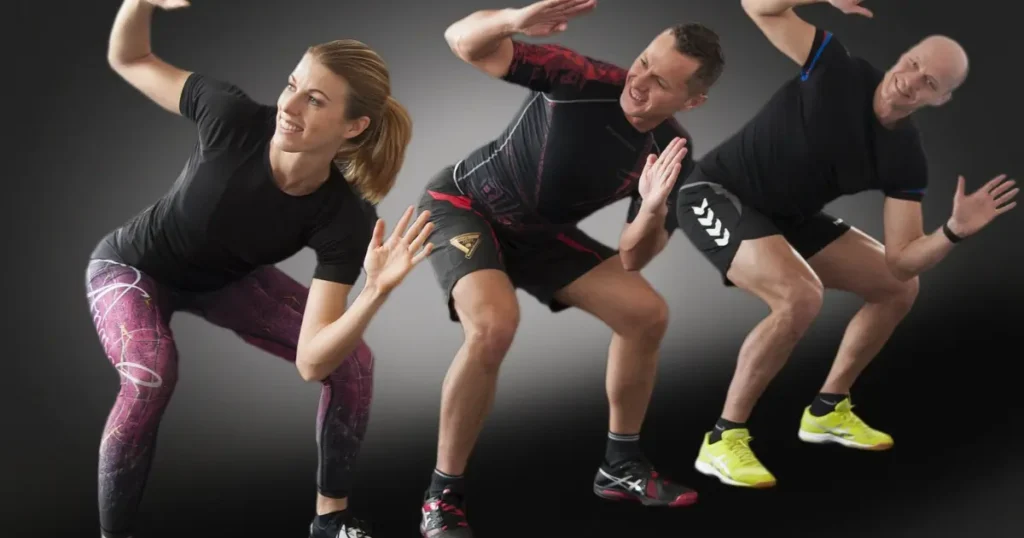Introduction
Taking care of mental health is essential for overall wellness, and recent developments highlight the value of combining physical fitness, nutrition, and technology to support emotional well-being. This comprehensive guide explores how exercise, diet, and digital tools can help you achieve a balanced, healthy lifestyle.
Summary
1. Exercise as a Tool for Mental Health
A. Physical Activity and Its Mental Health Benefits
Exercise is one of the most effective tools for managing mental health challenges. Physical activity, whether it’s a brisk walk, weightlifting, or yoga, plays a significant role in boosting mood, managing stress, and reducing symptoms of anxiety and depression.
- Mood Boosting: Regular exercise increases endorphins, often called “feel-good hormones,” which naturally elevate mood and create a sense of well-being.
- Stress Relief: Physical activity lowers cortisol levels, the body’s main stress hormone, helping you feel calmer and more focused.
B. Incorporating Mental Wellness into Fitness Programs
Many fitness programs today include elements of mental wellness, recognizing that physical health is closely tied to emotional and mental well-being.
- Mindfulness in Workouts: Integrating mindfulness practices such as yoga or mindful breathing into fitness routines can help reduce stress and enhance focus.
- Community Support: Group activities create a sense of community, offering emotional support and accountability, which is essential for sustaining mental health improvements.
2. Diet and Mental Wellness: Fueling the Mind and Body
A. Dietary Tips for Mental Clarity and Mood Enhancement
The foods we consume have a profound impact on mental clarity, energy levels, and overall mood. A well-balanced diet supports brain health and reduces the risk of mood disorders.
- Omega-3 Fatty Acids: Found in foods like salmon, flaxseed, and walnuts, omega-3s are essential for brain health and can help reduce symptoms of depression and anxiety.
- Whole Grains: Complex carbohydrates such as oats, brown rice, and quinoa help stabilize blood sugar, providing sustained energy and preventing mood swings.
- Antioxidant-Rich Foods: Berries, leafy greens, and nuts are high in antioxidants, which fight inflammation and protect the brain from oxidative stress.
For an even more structured dietary plan, check out our guide on the Perfect Diet for Weight Loss Success, which offers practical steps to support your health journey.
B. Incorporating Hydration
Staying hydrated is equally important for mental clarity. Dehydration can lead to fatigue, irritability, and impaired cognitive function. Make it a goal to drink water consistently throughout the day.fab
3. Technological Interventions for Mental Health
A. Mental Health Apps and Platforms
Mental health apps have become valuable resources for those seeking tools to manage their mental well-being. These platforms offer easy-to-use resources, including guided meditations, cognitive behavioral therapy (CBT) exercises, and more.
- Calm and Headspace: These popular apps provide a range of guided meditation sessions for stress relief, improved focus, and better sleep.
- Mood Tracking: Apps like Moodfit and Daylio allow users to track their mood over time, identifying patterns and triggers that affect mental health.
B. Online Support Communities
Online communities offer safe spaces where individuals can connect, share experiences, and offer each other support.
- Access Anytime: These platforms provide a comfortable environment to discuss personal challenges, which can be a significant step toward reducing feelings of isolation.
- Connection and Understanding: Engaging with people who have similar experiences can provide emotional comfort, making mental health support more accessible.
4. Motivation: Building Consistency in Your Wellness Routine
Achieving mental wellness requires consistency. Setting realistic goals and celebrating small victories along the way can be incredibly motivating. Here are some tips:
- Set Manageable Goals: Start small with achievable goals, like adding a 10-minute walk to your daily routine.
- Track Your Progress: Use a journal or an app to document progress. Noticing improvements over time can be a powerful motivator.
- Celebrate Small Wins: Recognize each step forward, no matter how small. Celebrating these moments can help build confidence and sustain motivation.
5. Testimonials: Real-Life Success Stories
John’s Journey to Improved Mental Health
“I struggled with anxiety for years, and incorporating exercise into my daily routine was transformative. I started with short walks, and over time, I worked up to running. The endorphins from exercise make me feel calmer and more balanced.”
Mark’s Experience with Mindful Eating
“Switching to a balanced diet that includes whole grains and omega-3s has made a huge difference in my mood. I feel more energetic, less irritable, and more focused throughout the day.”
David’s Tech-Supported Journey
“Using mental health apps like Calm and mood trackers has given me insight into my mental health. Having these resources available on my phone has been a game-changer. I feel more in control and supported on my mental wellness journey.”
6. Embracing a Holistic Approach to Health
Prioritizing mental health is about finding a balance between physical activity, nutrition, and technological support. This holistic approach promotes resilience, improved mood, and overall well-being, helping you build a lifestyle that supports both your mental and physical health.
Motivational Message: Your Health Journey Starts Now
Your journey to better mental health begins with small steps. Every positive change, from diet adjustments to physical activity and using technology to stay on track, contributes to a healthier, more resilient you. Remember, progress is a process. Embrace the journey, and prioritize your well-being.
Take control of your health journey by subscribing to our newsletter for the latest tips, motivation, and wellness strategies. Join our community and get inspired to become the best version of yourself!
